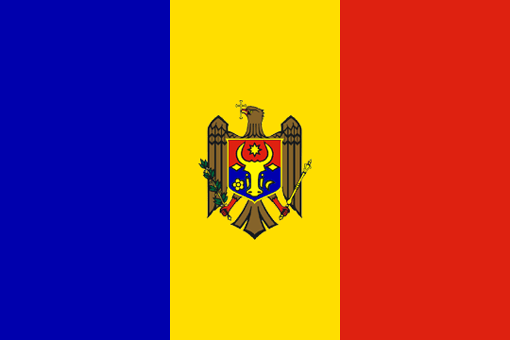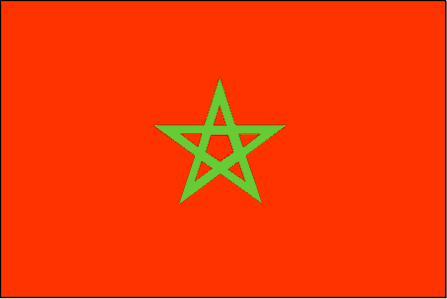Login form
Regional customs and habits
Customs of Mexico
Marriage and Family
 Marriage customs follow Roman Catholic traditions. Common-law marriage is also practiced and recognized by the state. Except in urban areas, where the trend is to have fewer children, Mexican families are generally quite large. Many families have more than three children. The divorce rate is low, partly because the Roman Catholic Church does not allow or recognize divorce. The father is considered the head of the family, but the mother runs the household. A household, especially in rural areas, may include members of the extended family.
Marriage customs follow Roman Catholic traditions. Common-law marriage is also practiced and recognized by the state. Except in urban areas, where the trend is to have fewer children, Mexican families are generally quite large. Many families have more than three children. The divorce rate is low, partly because the Roman Catholic Church does not allow or recognize divorce. The father is considered the head of the family, but the mother runs the household. A household, especially in rural areas, may include members of the extended family.
Customs of Moldova
Marriage and Family
 Couples marry at a
Couples marry at a
Customs of Morocco
 Marriage and Family
Marriage and Family
Many marriages are still arranged by the parents of the bride and groom. When a couple is to be married, the man pays the woman’s father or eldest brother a sum of money to meet her expenses in the wedding. The bride’s family provides her with a dowry of household furnishings. Divorce, although frowned upon, is not uncommon.
Customs of Mongolia
Marriage and Family
 Traditionally, marriages were arranged between two families, but now individuals make their own decisions. Marriage usually takes place when people are between the ages of 18 and 25. In cities, marriage ceremonies usually take place in “wedding palaces.” Afterward, many young couples go to a Buddhist monk to have their future predicted. A large feast is then held for as many relatives and friends as the new couple’s families can afford to feed. In rural areas, the couple then moves into a home provided by the husband’s family. In urban areas, new couples often have trouble finding an apartment. When a wedding takes place, Mongolian families traditionally exchange gifts; the groom’s family usually gives livestock while the bride’s family offers jewelry and clothing.
Traditionally, marriages were arranged between two families, but now individuals make their own decisions. Marriage usually takes place when people are between the ages of 18 and 25. In cities, marriage ceremonies usually take place in “wedding palaces.” Afterward, many young couples go to a Buddhist monk to have their future predicted. A large feast is then held for as many relatives and friends as the new couple’s families can afford to feed. In rural areas, the couple then moves into a home provided by the husband’s family. In urban areas, new couples often have trouble finding an apartment. When a wedding takes place, Mongolian families traditionally exchange gifts; the groom’s family usually gives livestock while the bride’s family offers jewelry and clothing.
Customs of Nepal
Marriage and Family
 Marriage customs vary among the different castes. Traditional marriages are arranged by parents, although sometimes with the consent of the marriage partners. Marriage is sacred, divine, and considered to endure beyond death. For the Nepalese, chastity (sat, or satitwa in urban areas) is the most important virtue a woman can bring to a marriage. Sherpas might live together before getting married. Weddings are times of great celebration and feasting. They are elaborate and may last up to three days. In the southern region, called the Tarāi, a dowry is common.
Marriage customs vary among the different castes. Traditional marriages are arranged by parents, although sometimes with the consent of the marriage partners. Marriage is sacred, divine, and considered to endure beyond death. For the Nepalese, chastity (sat, or satitwa in urban areas) is the most important virtue a woman can bring to a marriage. Sherpas might live together before getting married. Weddings are times of great celebration and feasting. They are elaborate and may last up to three days. In the southern region, called the Tarāi, a dowry is common.
